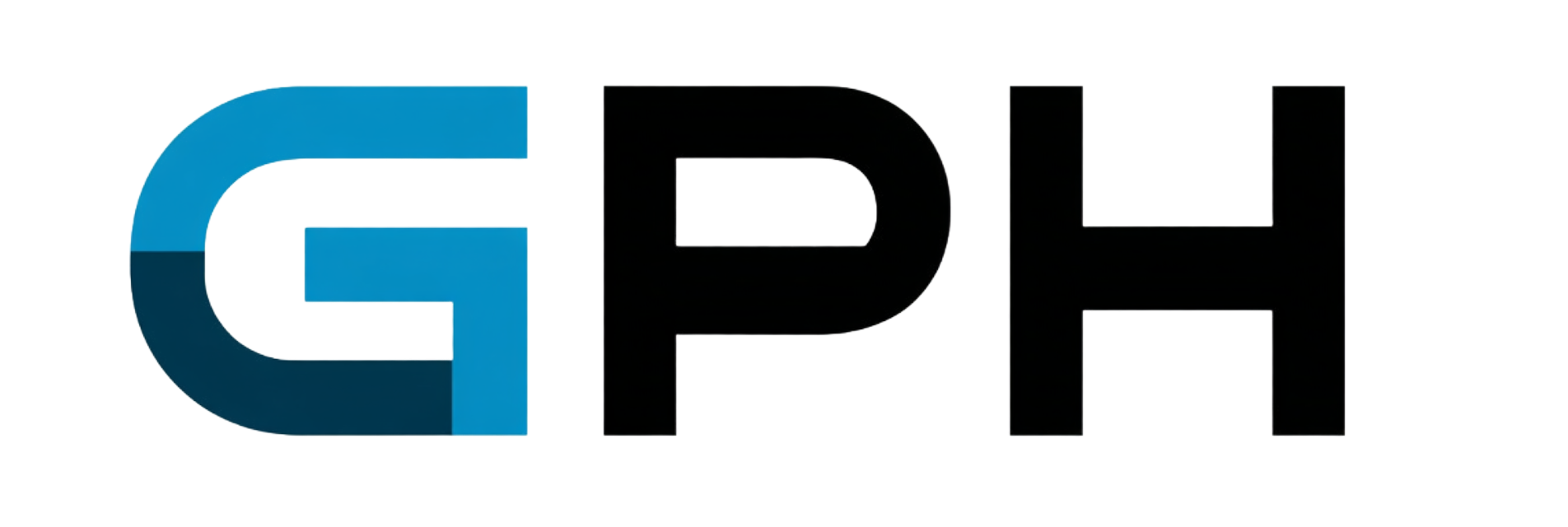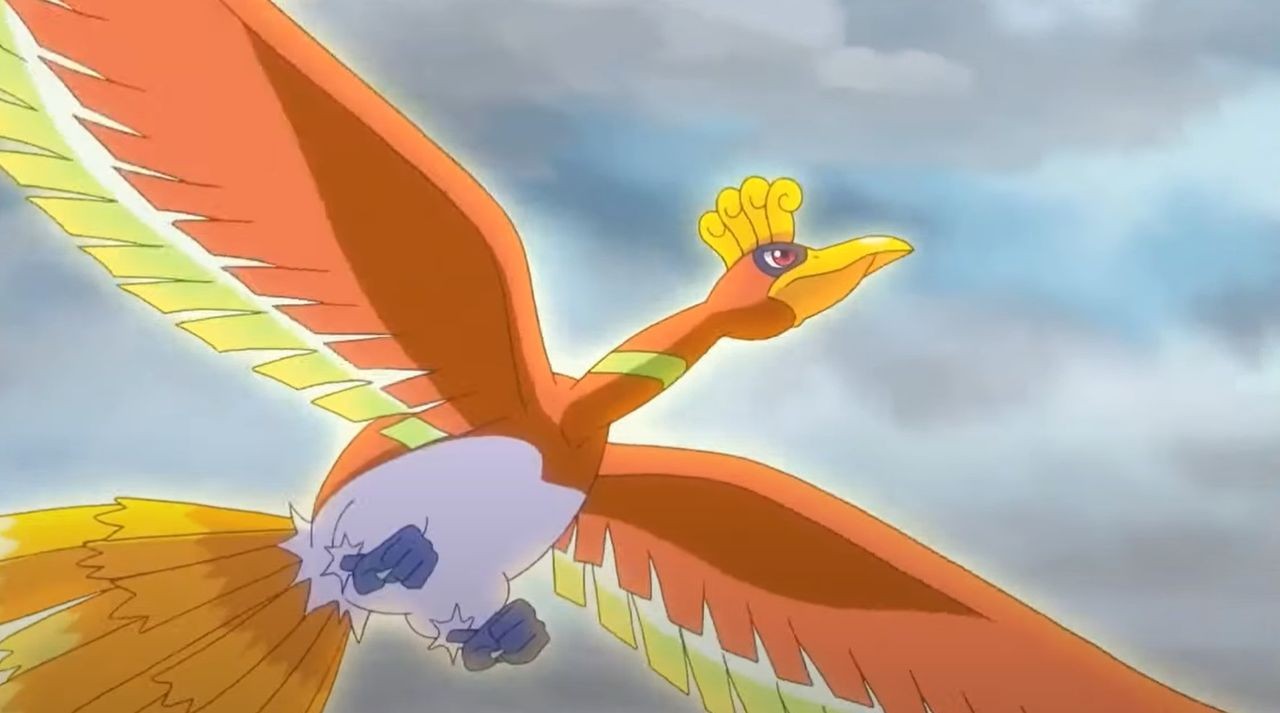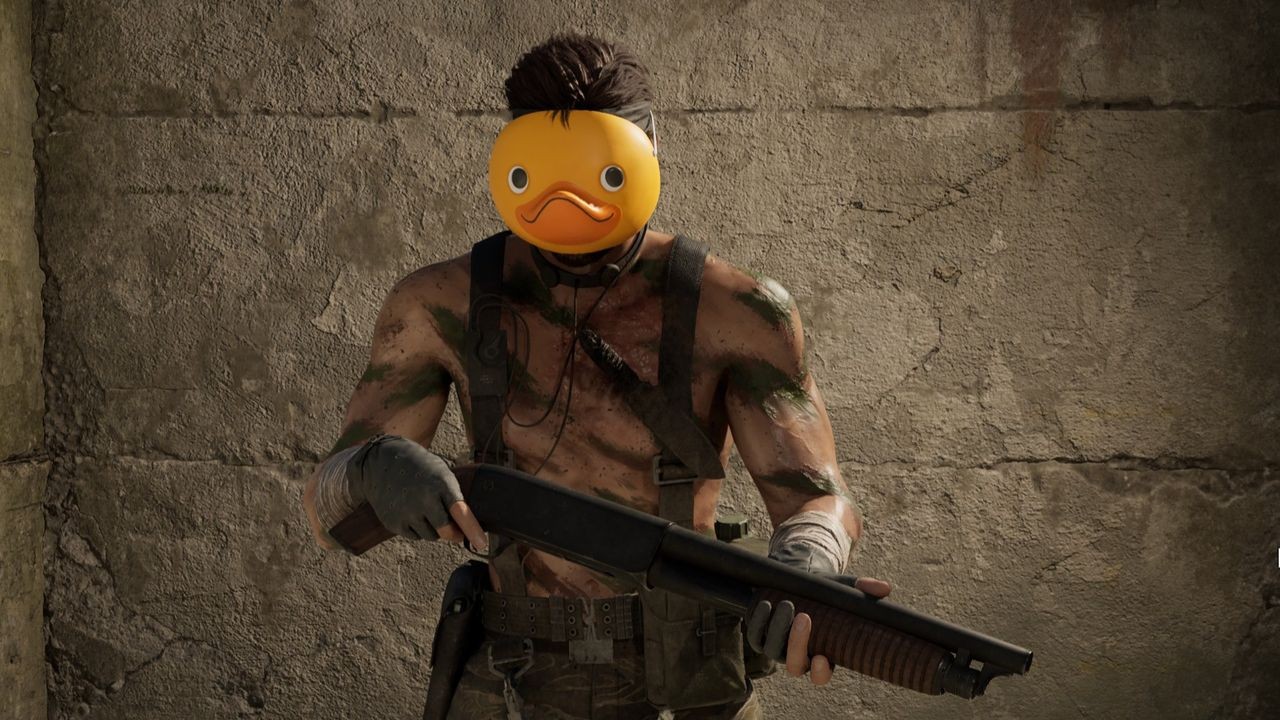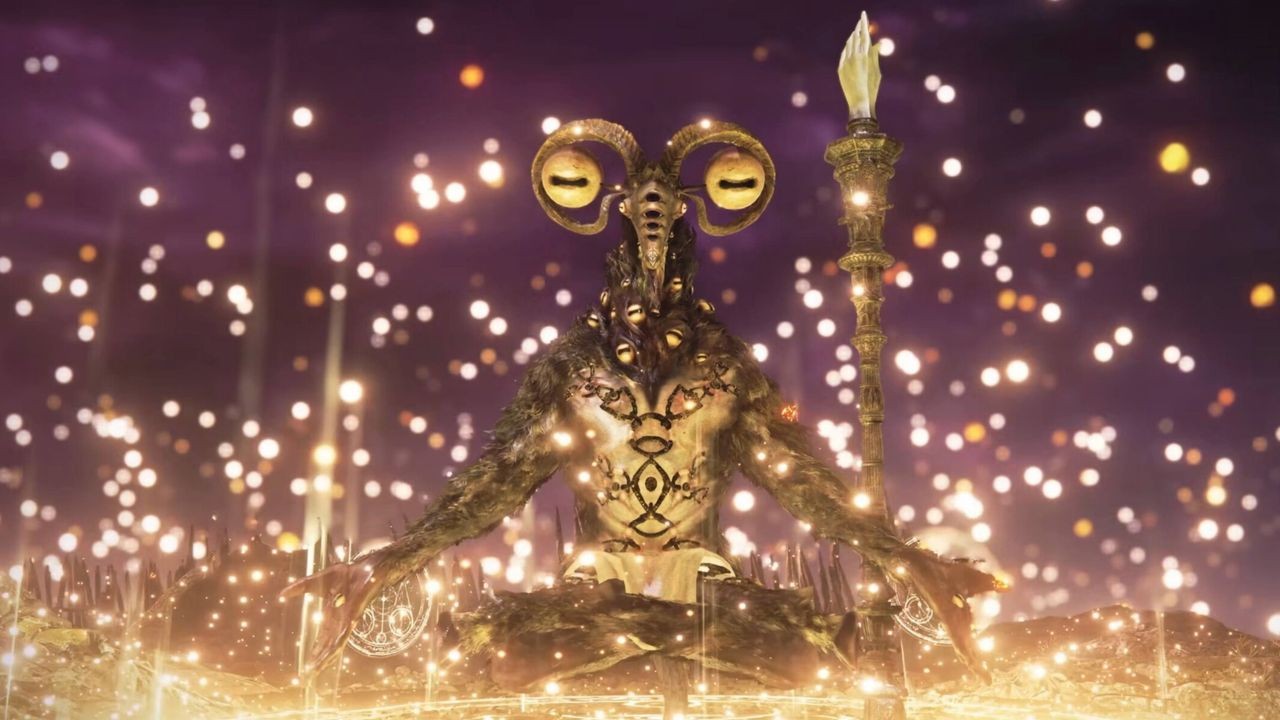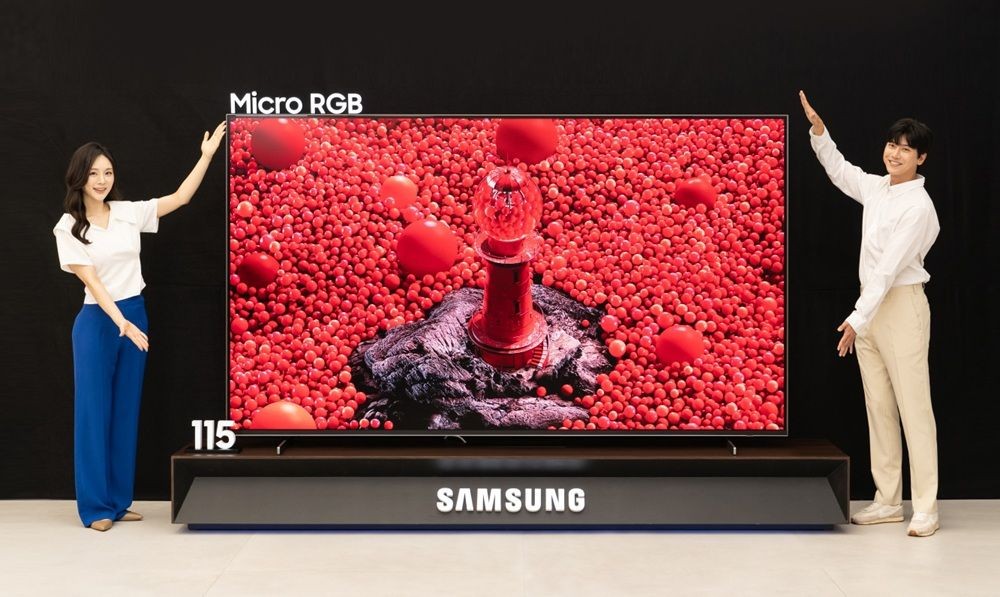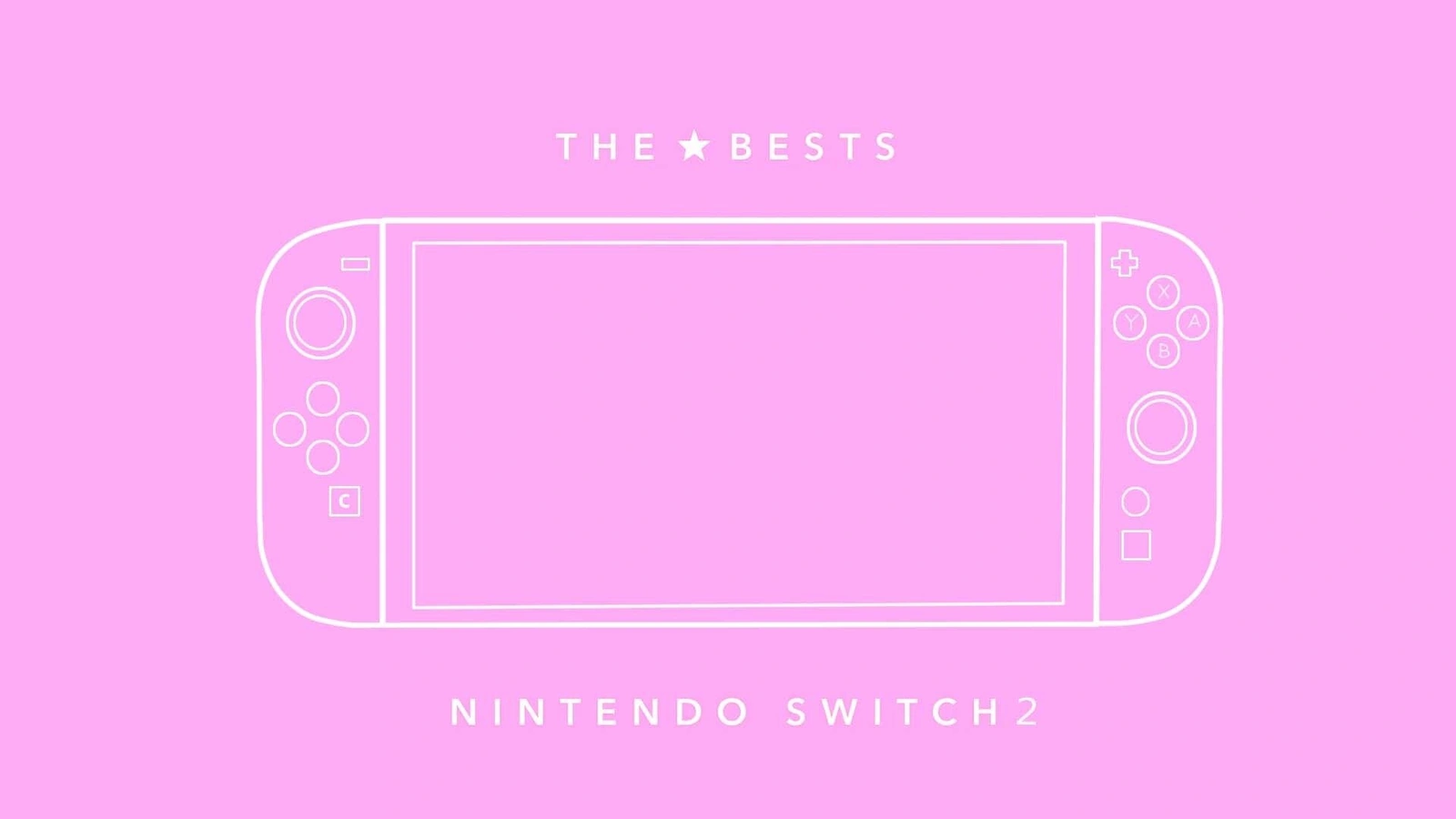The Pokémon Company Faces Backlash Over Plagiarised Artwork in Latest TCG Expansion
In an unexpected turn of events, The Pokémon Company has found itself at the center of a controversy involving alleged plagiarism of artwork in its latest trading card game (TCG) expansion. The company has issued a formal apology and pledged to replace the affected artworks of the iconic Pokémon, Ho-Oh and Lugia, as well as to conduct a broader investigation into the matter. According to an article on PC Gamer, the issue was brought to light by the dedicated fan community, which quickly noticed the similarities between the TCG artwork and existing art pieces.
Understanding the Impact of Plagiarism in the Pokémon TCG
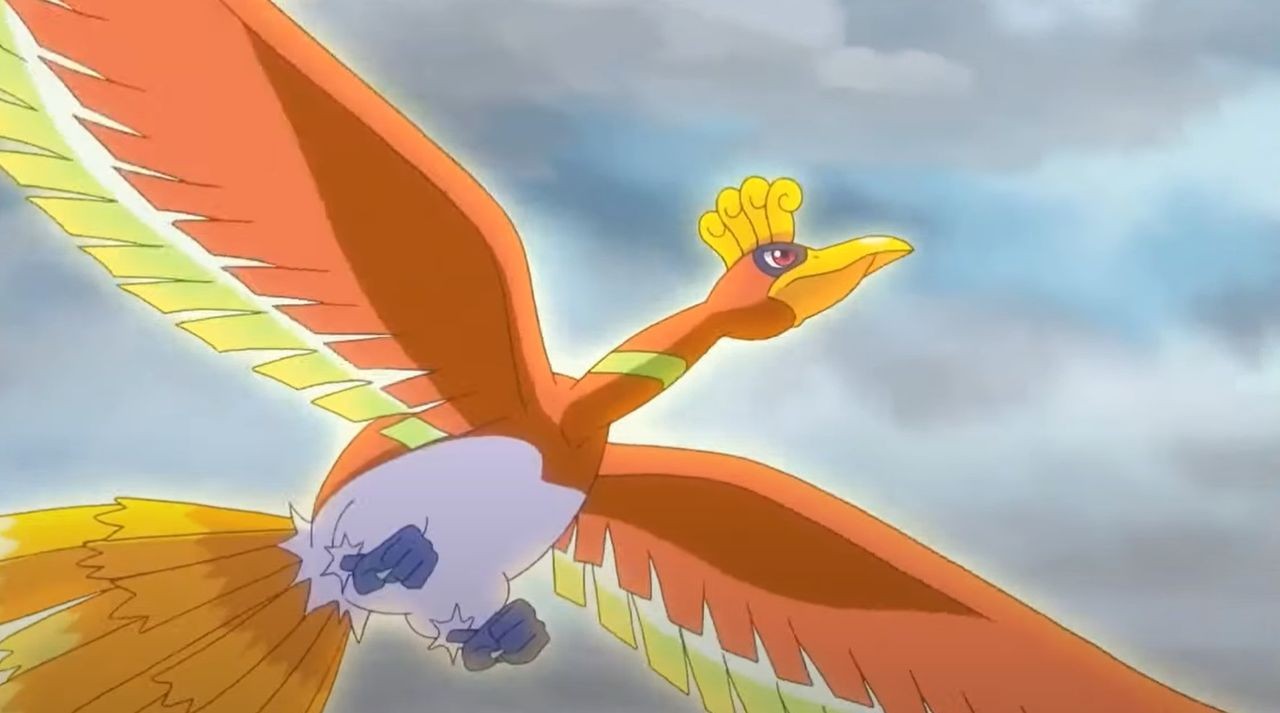
The Pokémon Trading Card Game has long been a beloved hobby for millions around the globe, with its expansion sets eagerly anticipated by fans. The discovery of plagiarized artwork in the latest expansion, however, has cast a shadow over what should have been a celebration of creativity and nostalgia. Art is a crucial element of the TCG, providing a visual allure that complements the strategic gameplay. Thus, any infringement on artistic integrity strikes at the very heart of the game’s appeal.
The artworks in question feature the legendary Pokémon Ho-Oh and Lugia, known for their majestic and intricate designs. The plagiarism allegations have prompted The Pokémon Company to take swift action, as these artworks hold significant sentimental value for both collectors and players. Replacing these artworks is not just a logistical challenge but also a symbolic gesture to restore trust within the community.
The Broader Implications for the Gaming Industry
This incident highlights a broader issue within the gaming and creative industries: the fine line between inspiration and plagiarism. As digital tools become more sophisticated and accessible, the potential for such oversights increases, making the enforcement of intellectual property rights more complex. The Pokémon Company’s decision to conduct a broader investigation suggests an awareness of these challenges and a commitment to uphold artistic integrity.
For other companies in the industry, this serves as a cautionary tale. It underscores the importance of rigorous checks and balances to ensure that all creative contributions are original and appropriately credited. In an age where fans are more connected and informed than ever, companies must navigate the expectations of an audience that is both their greatest asset and their most diligent watchdog.
What This Means for Pokémon Fans
For Pokémon fans, this incident is a reminder of the power they wield. It was their keen observation and swift action that brought the issue to light, prompting an official response from The Pokémon Company. This active engagement is a testament to the vibrant and passionate community that surrounds the Pokémon franchise.
While the situation is unfortunate, it also provides an opportunity for the community to rally together, supporting the company in its efforts to rectify the mistake. The Pokémon Company’s transparency and willingness to address the issue head-on could strengthen the bond between the brand and its fans, demonstrating a shared commitment to maintaining the integrity of the franchise.
The Future of Pokémon TCG
As The Pokémon Company moves forward, the focus will be on learning from this incident to prevent future occurrences. The broader investigation may lead to more stringent internal processes and perhaps even influence how other companies handle similar situations. Fans will be watching closely to see how the company addresses these challenges and whether it can continue to innovate while respecting the creative rights of artists.
The Pokémon TCG remains a cornerstone of the franchise’s enduring popularity. With the right measures in place, it can continue to thrive, providing fans with new and exciting experiences. As the company replaces the affected artworks, fans can look forward to seeing how the iconic Ho-Oh and Lugia will be reimagined, potentially adding a fresh layer to the game’s rich tapestry.
In conclusion, while the plagiarism controversy is a significant setback, it is also an opportunity for growth and reflection. The Pokémon Company’s response will likely set a precedent for how similar issues are handled in the future, not just within the Pokémon franchise but across the gaming industry as a whole. As fans, we must continue to hold our favorite brands accountable while supporting them in their journey to create content that is both original and inspiring.
What are your thoughts on how The Pokémon Company has handled the situation? Do you believe this incident will lead to lasting changes in the gaming industry? Share your thoughts in the comments below.
Pokémon TCG, Ho-Oh, Lugia, Plagiarism, Artwork Controversy, Gaming Industry, Intellectual Property, Pokémon Fans, Trading Card Game, The Pokémon Company
Image source: Original Article
